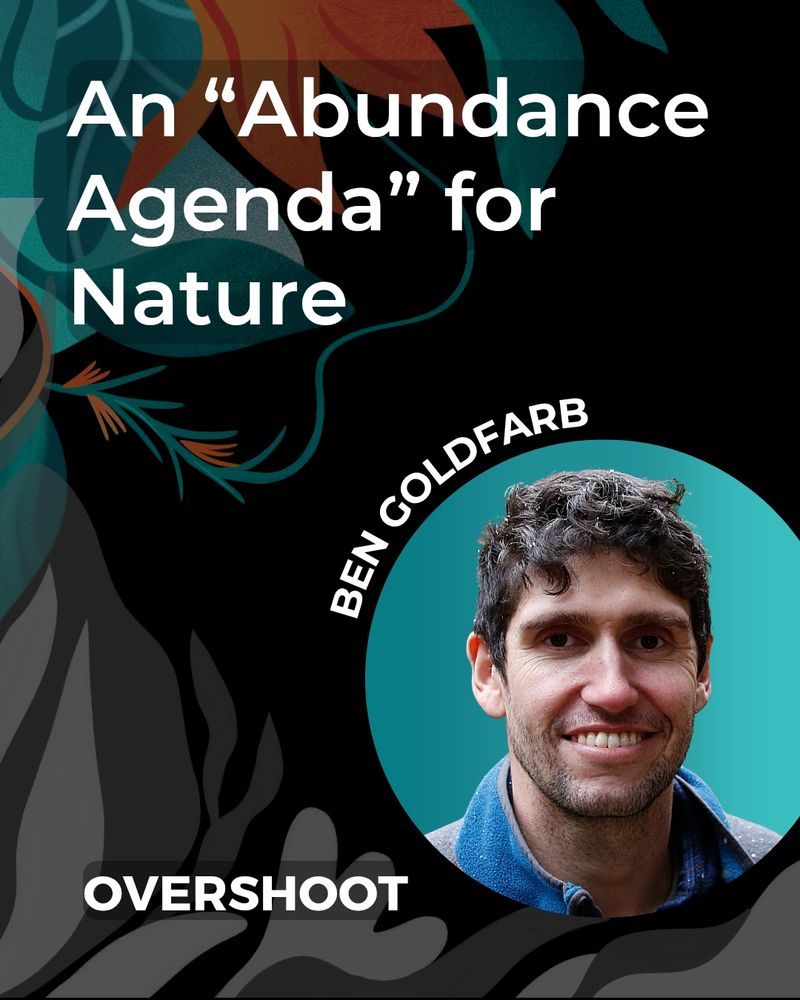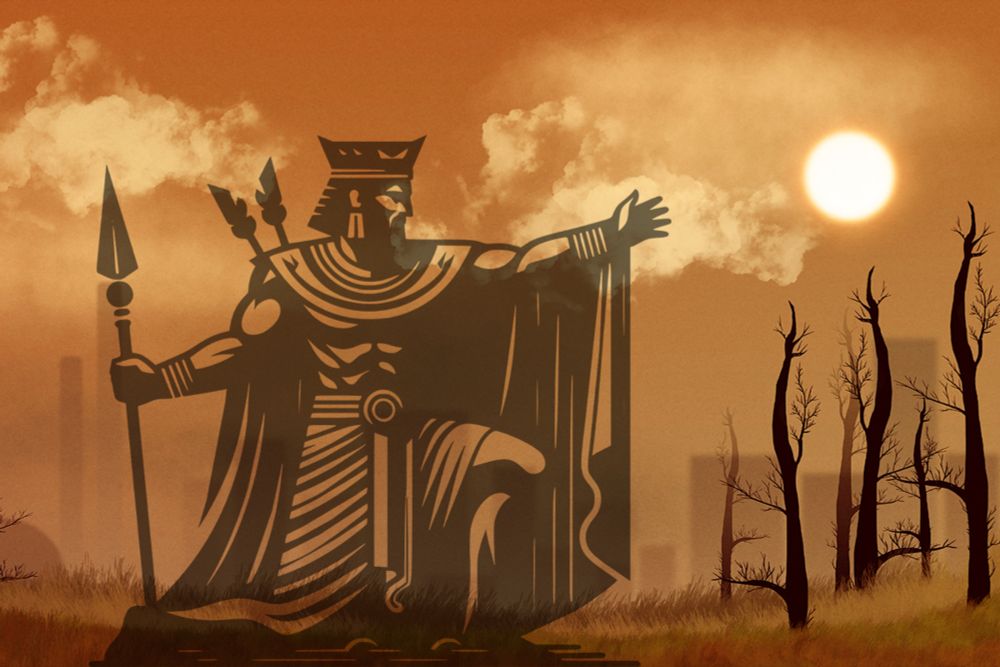
It is a daily reality for millions of nonhuman lives and increasingly for human ones.
Honesty doesn’t cause collapse.
It simply names the collapse we were born into.
“Hell Is Here” is what the world looks like when greenwashing replaces truth.
My new article: Hell Is Here: Greenwashed.
open.substack.com/pub/lylel/p/...

It is a daily reality for millions of nonhuman lives and increasingly for human ones.
Honesty doesn’t cause collapse.
It simply names the collapse we were born into.
It surprised me how many of those who (should) know better have been celebrating the *false* narrative that the Paris agreement has supposedly limited warming to below 2.6°C this century.
Genevieve breaks it down here:
I deeply regret to tell you that this is complacent misinformation.
🧵
It surprised me how many of those who (should) know better have been celebrating the *false* narrative that the Paris agreement has supposedly limited warming to below 2.6°C this century.
Genevieve breaks it down here:

Read more ⬇️

Read more ⬇️
substack.com/home/post/p-...


www.biologicaldiversity.org/programs/pop...



“Imagine that, six months of oil in this sacred area. And the United States wants to drill and destroy our very livelihood," she said.

“Imagine that, six months of oil in this sacred area. And the United States wants to drill and destroy our very livelihood," she said.


How the renewable energy abundance of solar and wind farms, and AI data centers, spells even greater destruction of wildlife habitat;
Listen to this conversation on your favorite streaming platform!
www.populationbalance.org/podcast/ben-...

How the renewable energy abundance of solar and wind farms, and AI data centers, spells even greater destruction of wildlife habitat;
My new piece, The Hall of Infamy, traces a century of leaders, industries, and institutions that liquidated the living world — and left us the bill.
From Hetch Hetchy to the Amazon…
open.substack.com/pub/lylel/p/...





www.instagram.com/p/DRatnrxgQY...

www.instagram.com/p/DRatnrxgQY...



->Down To Earth | #plant species #biodiversity #land | More from Lil Dr Glen EcoChat at BigEarthData.ai

www.counterpunch.org/2025/11/04/t...



